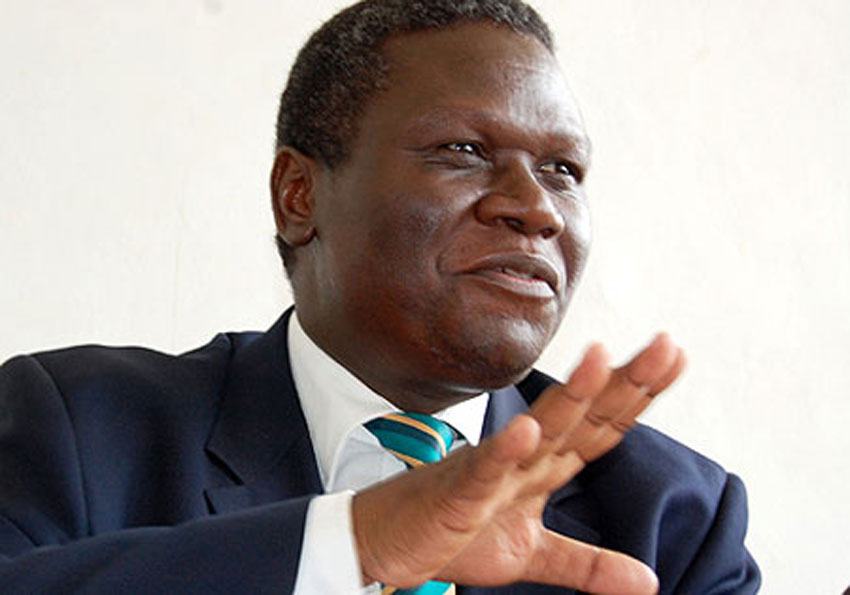It was the famous political philosopher John Locke who wrote: “The end of law is not to abolish or restrain, but to preserve and enlarge freedom. For in all the states of created beings capable of law, where there is no law, there is no freedom.”
About a week ago, after addressing those gathered for the annual Ben Kiwanuka Memorial Lecture, President Museveni took to Twitter to denounce the pre-trial release of certain category of suspects.
“For somebody to kill a person and then the court gives him/her bail is a provocation. It is abominable. I would like us to cure this ideological disagreement. This bail, what is the hurry? Who are you trying to please?” he said.
He added: “We are going to work on this. I am going to summon the NRM Caucus and if necessary, we put it to a referendum. With this provocation, people will take the law into their hands.”
Indeed, he called a meeting of the NRM Caucus but the group didn’t warm up to his hard stance on bail. I suspect this happened because the debate on bail reform has been framed not on its own merits, but rather on who is its main promoter. A quote attributed to Ralph Waldo Emerson says: “Who you are speaks so loudly I can’t hear what you’re saying.” This seems to be the case with the discussion on bail reform.
This is not a new stance by the President. In 2018, he complained about the way courts tend to easily grant bail to those charged with capital offences. In response, then Chief Justice Bart Katureebe assured the President that the matter of bail is governed by the Constitution and that those charged with capital offences cannot be denied bail unless the Constitution is amended. The Chief Justice then asserted that judicial officers at all levels would continue granting bail to all suspects who meet the legal requirements.
Three years later, current Chief Justice Owiny-Dollo has told President Museveni pretty much the same. “The Constitution allows the granting of bail. A judicial officer doesn’t wake up from the wrong side of the bed and deny bail or wake up from the right side of the bed and allow bail,” said Justice Owiny-Dollo.
He then advised his colleagues to uphold the Constitution without fear or favour and not to depart from their oaths of judicial office. The Chief Justice also expressed concern about the torture of suspects, which he said is an affront to legacy of the late Benedicto Kiwanuka who is being remembered for his stance for the rule of law. He also castigated the monetisation of justice, declaring that justice should be for all not just for the highest bidders.
Bail reform debates are not confined to Uganda. In the world where terrorism abounds and non-state actors have the capacity to unleash various forms of violence like planting improvised explosive devices in public spaces, slashing passers-by with knives, gunning down worshippers or shoppers or randomly shooting school children, the debate has been raging about limiting court’s discretion to grant bail to those accused of violent crimes.
Amid all this, a disproportionately high number of those accused of non-violent crimes languish in jail for long periods awaiting trial while suspects of violent crimes get bail. We need to strike a balance. Tim Murray of the Pre-trial Justice Institute says: “All too often our current system permits the unfettered release of dangerous defendants while those who pose minimal, manageable risk are held in costly jail space.”
The President’s position is being debated under the shadow of the arrest and detention of two outspoken Opposition Members of Parliament (MPs). The situation was made no better by the violent re-arrest of the same MPs after their release on bail. The use of excessive force by those who bundled up the MPs after their release was broadcast on various television channels and social media.
This was done in total disregard of the law regarding the arrest of members of the National Assembly. All these events have made the environment too toxic for an objective debate on bail reform. The President may afford to be politically incorrect. His party caucus cannot!
mpmao@yahoo.com
Do you have a story in your community or an opinion to share with us: Email us at editorial@watchdoguganda.com













